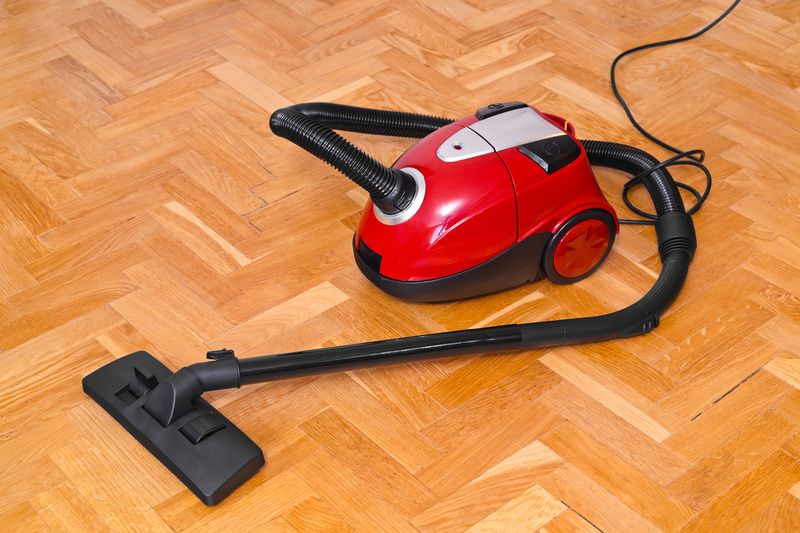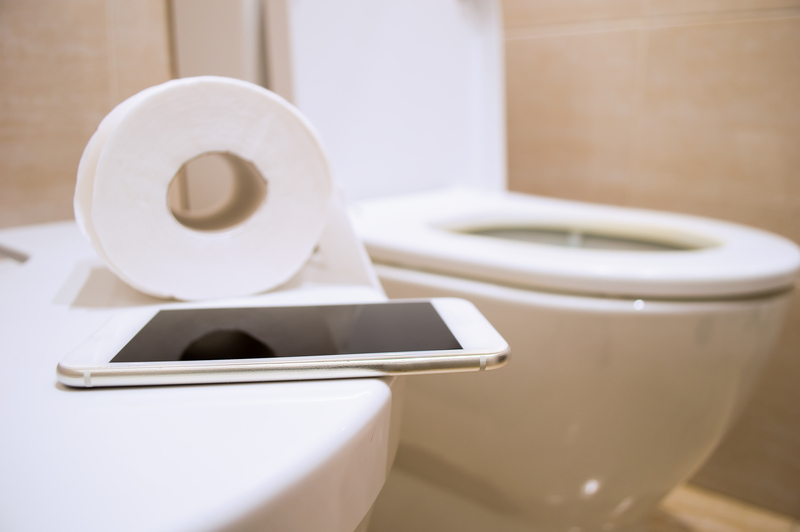Limescale is a common problem that many homeowners face in their everyday lives. It is the stubborn build-up of mineral deposits, primarily calcium and magnesium, that occurs in appliances and pipes due to hard water. Not only does limescale make our appliances less efficient and shorten their lifespan, but it can also be unsightly and difficult to remove. However, with the right methods, you can win the battle against limescale. In this article, we will discuss some effective removal methods to help you tackle this pesky problem.
Understanding Limescale
Before we dive into the removal methods, let's first understand what limescale is and why it forms. Hard water, which contains high levels of dissolved minerals, passes through our appliances and pipes. When the water evaporates or comes into contact with heat, the minerals are left behind as a white residue known as limescale. This build-up can occur in dishwashers, washing machines, coffee makers, kettles, showerheads, and even on your faucets.

Chemical Cleaners
One of the most common solutions for removing limescale is using chemical cleaners specifically designed for this purpose. These cleaners contain acidic substances such as citric or acetic acid that can dissolve and break down the mineral deposits. They are often available in spray bottles and can be used directly on affected areas for easy application.
Pros: Chemical cleaners are readily available and relatively easy to use. They can effectively remove limescale build-up without much effort on your part.
Cons: These cleaners contain strong chemicals that may pose health hazards if not handled properly. They also tend to have a strong odor and can damage certain surfaces if left on for too long.
Vinegar
If you prefer a more natural approach, vinegar can be an effective limescale removal method. The acetic acid in vinegar has the ability to dissolve mineral deposits and can be used in a similar manner as chemical cleaners. Simply mix equal parts of white vinegar and water, apply it to the affected area, let it sit for a few minutes, and then scrub and rinse off.
Pros: Vinegar is non-toxic and environmentally friendly, making it a safe option for households with children or pets. It is also inexpensive and widely available.
Cons: While vinegar is effective for mild limescale build-up, it may not be strong enough for heavy or stubborn deposits.
Limescale Removers
For tougher cases of limescale, you may need to invest in a specially formulated limescale remover. These products are stronger than regular cleaners and often come in gel or powder form that can be applied directly onto the affected area. They typically contain more potent acids such as hydrochloric acid, which effectively break down mineral deposits.
Pros: Limescale removers are specifically designed to tackle tough limescale build-up and can provide quick results.
Cons: These products are pricier than regular cleaners and should be handled with caution as they contain powerful acids that can cause skin irritation.
Preventive Measures
The best way to win the battle against limescale is by preventing it from forming in the first place. Regularly cleaning and descaling your appliances and using a water softener system can help reduce the build-up of mineral deposits. You can also try using citric acid-based cleaners regularly to minimize limescale formation.

Takeaways
- Limescale is caused by mineral deposits from hard water.
- Chemical cleaners, vinegar, and limescale removers are effective methods for removing limescale.
- Preventive measures such as regular cleaning and descaling can help prevent limescale build-up.
Conclusion
Limescale may be a common problem, but it is not something that cannot be tackled. With the right methods and preventive measures, you can effectively remove limescale and keep your appliances in top condition. Whether you prefer natural or chemical solutions, there are various options available to help you win the battle against limescale. Remember to always handle cleaning products with caution and regularly maintain your appliances to prevent limescale build-up in the future.


